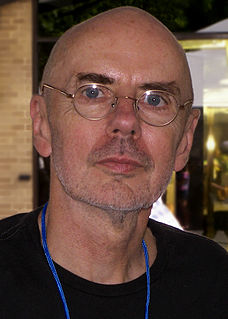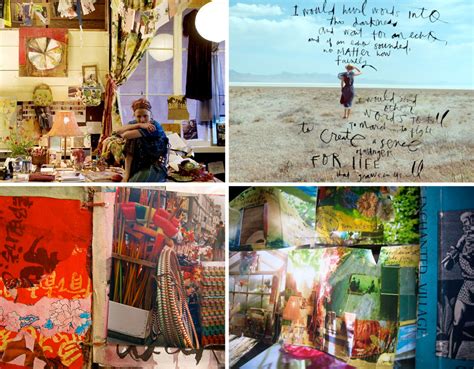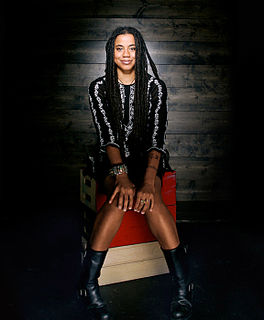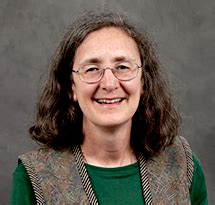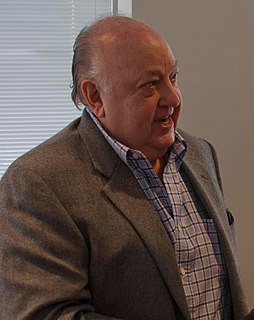A Quote by Eugene Richards
Photojournalist? With a few exceptions, those of us working as photojournalists might now more appropriately call ourselves illustrators. For, unlike real reporters, whose job it is to document what's going down, most of us go out in the world expecting to give form to the magazine, or to newspaper editor's ideas, using what's become over the years a pretty standardized visual language. So we search for what is instantly recognizable, supportive of the text, easiest to digest, or most marketable - more mundane realities be damned.
Quote Topics
Become
Call
Digest
Document
Down
Easiest
Editor
Exceptions
Expecting
Few
Form
Give
Go
Going
Ideas
Illustrators
Instantly
Job
Language
Magazine
Might
More
Most
Mundane
Newspaper
Now
Ourselves
Out
Over
Photojournalists
Pretty
Real
Realities
Recognizable
Reporters
Search
Standardized
Supportive
Text
Those
Unlike
Us
Using
Visual
Whose
Working
World
Years
Related Quotes
People have not made the connection that the more of us there are, the more greenhouse gases go into the atmosphere. The Chinese have. They, unlike us, have a population policy. The right wingers just don't understand that the country they're in is probably the most overpopulated in the world, the one doing most of the destruction, and the one with horrendously bad leadership.
Without our fully realizing it, flowers would become for us an expression in form of that which is most high, most sacred, and ultimately formless within ourselves. Flowers, more fleeting, more ethereal, and more delicate than the plants out of which they emerged, would become like messengers from another realm, like a bridge between the world of physical forms and the formless.
Twenty or thirty years ago, in the army, we had a lot of obscure adventures, and years later we tell them at parties, and suddenly we realize that those two very difficult years of our lives have become lumped together into a few episodes that have lodged in our memory in a standardized form, and are always told in a standardized way, in the same words. But in fact that lump of memories has nothing whatsoever to do with our experience of those two years in the army and what it has made of us.
As far as stimulus from the visual arts specifically, there is today in most of us a visual appetite that is hungry, that is acutely undernourished. One might go so far as to say that Protestants in particular suffer from a form of visual anorexia. It is not that there is a lack of visual stimuli, but rather a lack of wholesomeness of form and content amidst the all-pervasive sensory overload.
The more we let God take us over, the more truly ourselves we become - because He made us. He invented us. He invented all the different people that you and I were intended to be. . .It is when I turn to Christ, when I give up myself to His personality, that I first begin to have a real personality of my own.
Healing ourselves on the spiritual level involves developing a strong connection with our soul. We heal ourselves on the mental level as we become aware of our core beliefs, release those that limit us, and open to more supportive ideas and greater understanding. Emotional healing takes place as we learn to accept and experience the full range of our feelings. And we heal ourselves on the physical level when we learn to honor and care for our bodies, and for the physical world around us.
May Sarton said, "the deeper you go, the more universal you become." It's a reminder to me that those things I try to convince myself I don't need to admit are usually those things I need the most to say. Speaking the truth, in its most poignant details, is liberating and gives those around us the freedom to be real.
Our stories are all stories of searching. We search for a good self to be and for good work to do. We search to become human in a world that tempts us always to be less than human or looks to us to be more. We search to love and to be loved. And in a world where it is often hard to believe in much of anything, we search to believe in something holy and beautiful and life-transcending that will give meaning and purpose to the lives we live.
Some people think I am an issue-oriented writer, but I've never said to myself, I'm gong to write about such-and-such an issue - that would make for incredibly boring writing, at least to my taste. Creating someone I don't know and her made-up world shows us more about who we are - is actually a better mirror - than if I were to parade in front of you an instantly recognizable person in an instantly recognizable situation. I'm not saying, Let's make it all abstract and weird and difficult and thereby you will know more about yourself. My process is much more organic than that.
